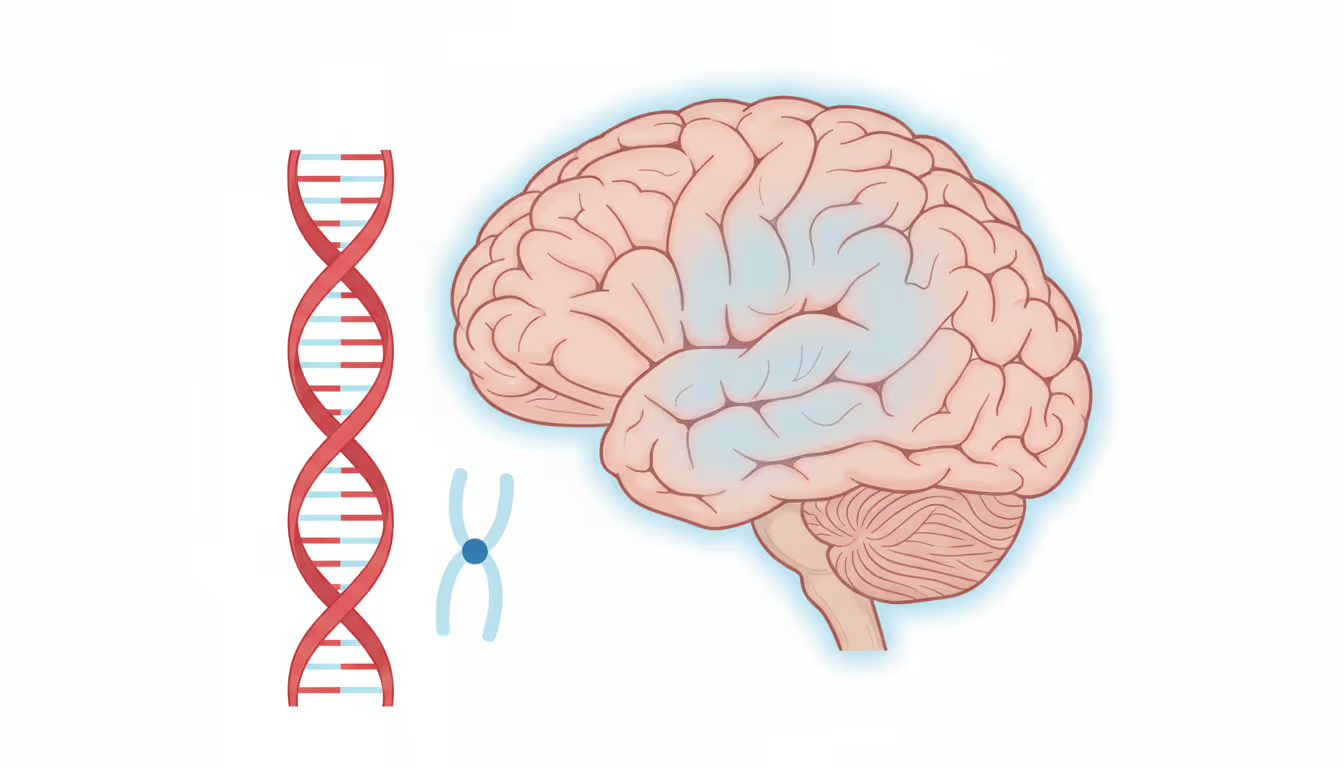
Huntington's disease is an inherited condition that causes both mental and physical decline, ultimately leading to death. While often referred to as an "adult-onset" disorder, it can also appear in children. This disease follows a pattern of inheritance with high penetrance, meaning a large percentage of those possessing the gene will develop the illness. The key features of Huntington's disease result from the degeneration of neurons in the brain.The disease is linked to a gene located on chromosome band 4p16.3. This gene, known as HD, contains a sequence of three nucleotide bases (CAG) that repeats in an unstable manner within the DNA. Typically, individuals without the disease have around 19 CAG repeats, with a maximum of 34, whereas nearly all Huntington's patients have more than 40 repeats.The HD gene encodes a protein named huntingtin, whose function remains unclear. The increased number of CAG repeats in the gene leads to the formation of an elongated huntingtin protein, which is associated with neuronal loss in patients.Mood disturbances are often the earliest symptoms, manifesting as mood swings, depression, severe irritability, angry outbursts, and more. Other symptoms include involuntary movements (such as restless, twisting motions), muscle rigidity, slowed movements, and challenges with memory and cognitive processes. The HD gene is found on chromosome 4 and is an autosomal dominant gene, meaning only one copy is needed to cause the disease. Genetic testing is used for diagnosis, and family members of those with Huntington's may also wish to know if they carry the HD gene. Currently, there is no cure for Huntington's disease, although medications can help manage symptoms like mood changes and chorea.




